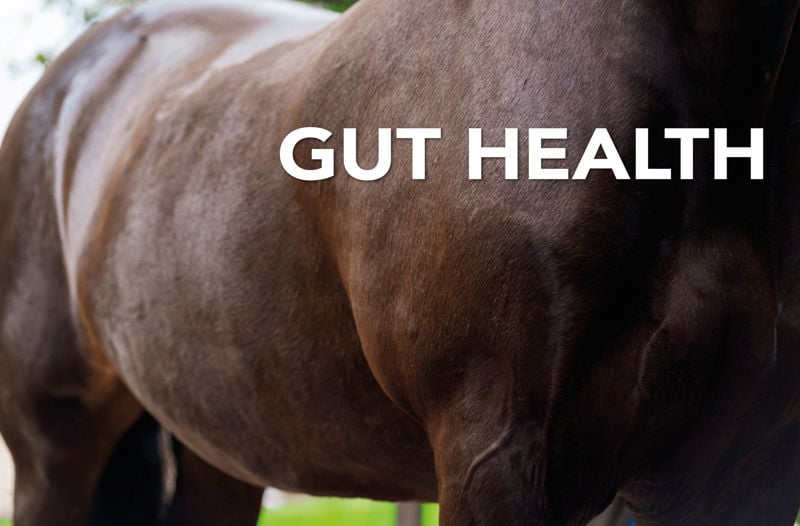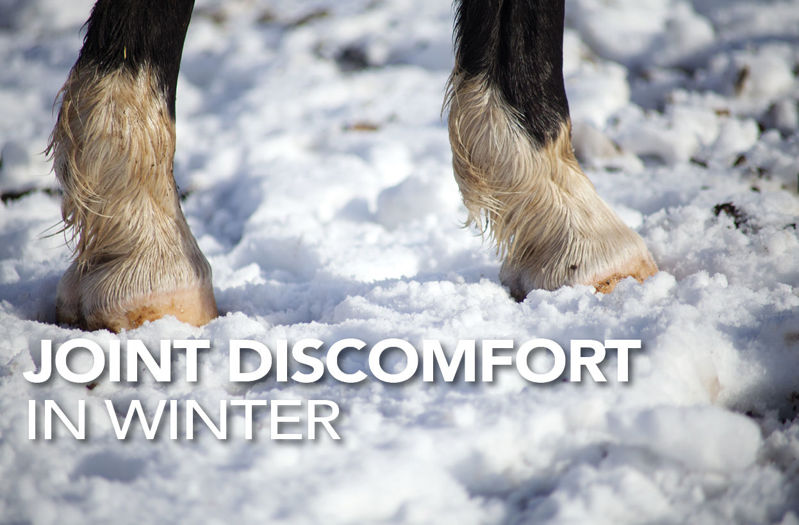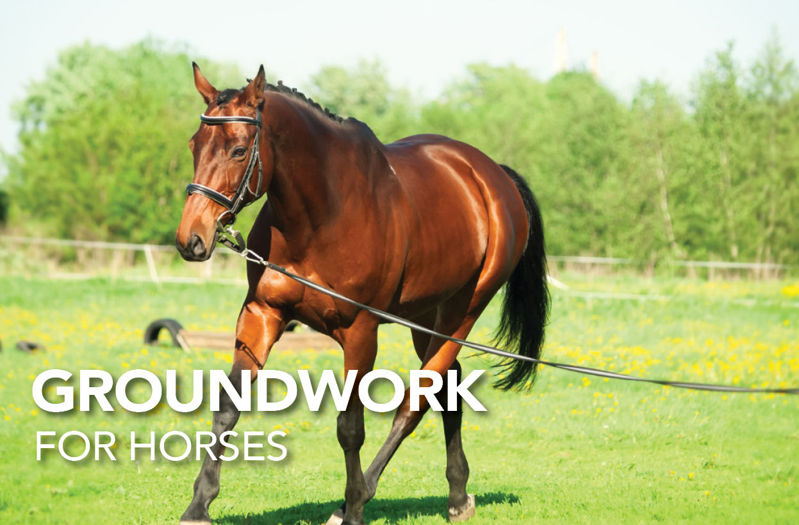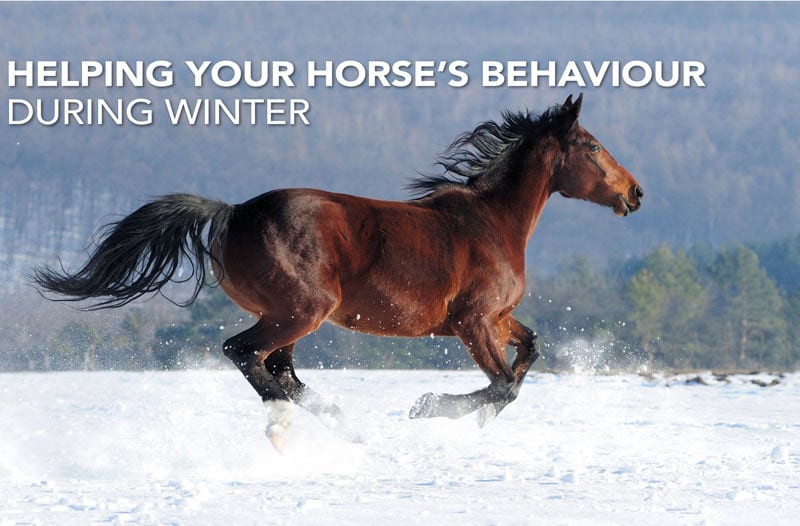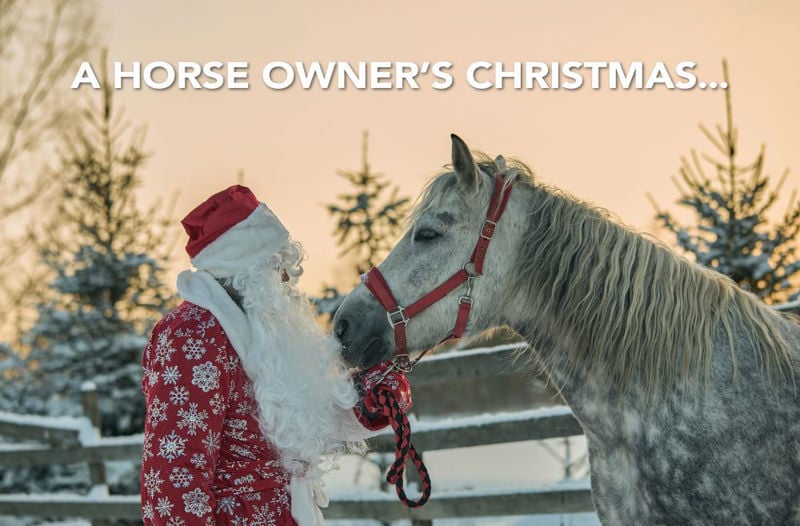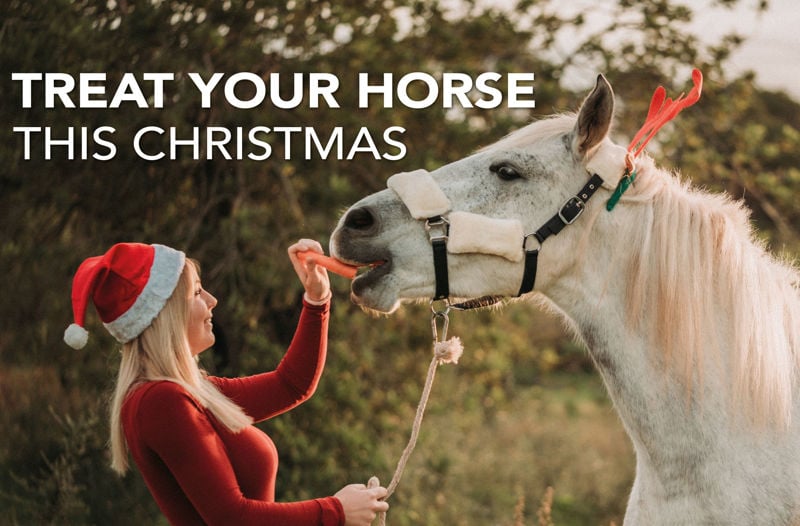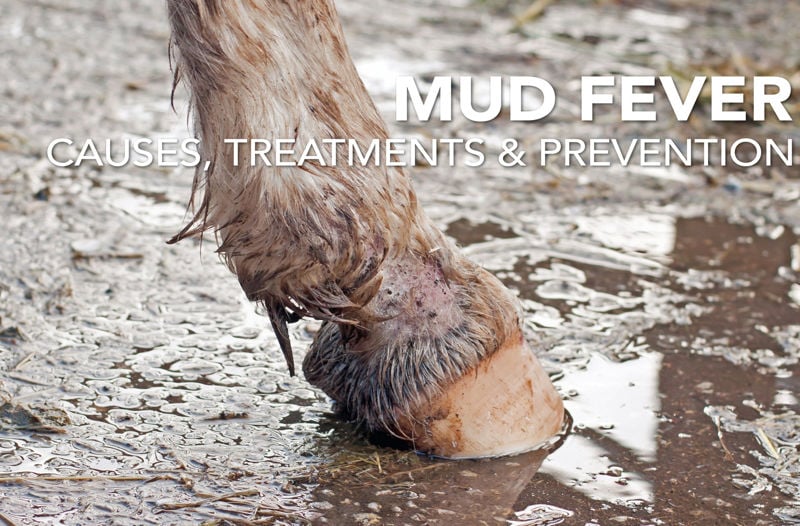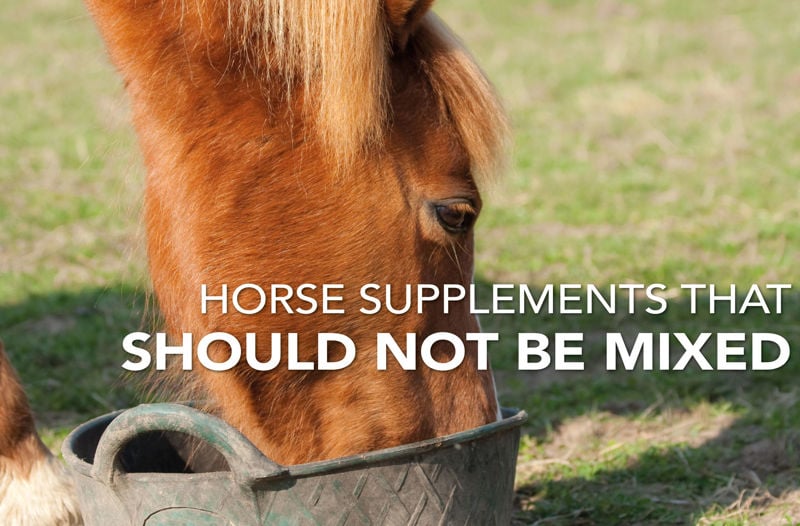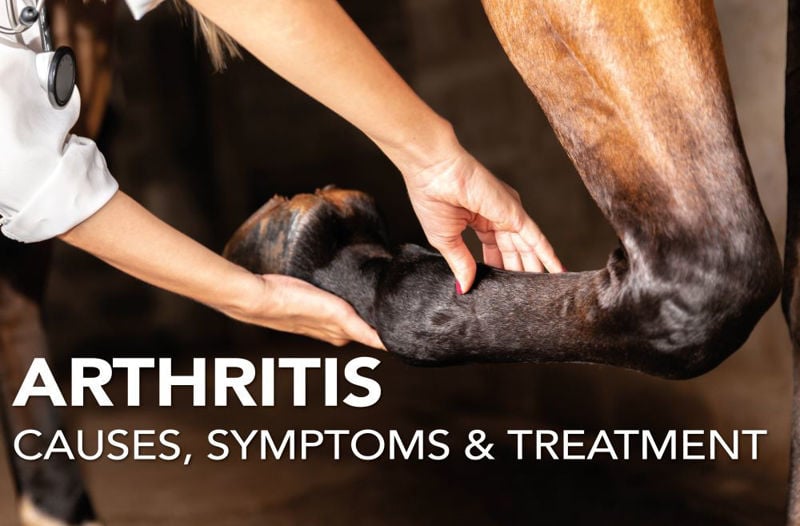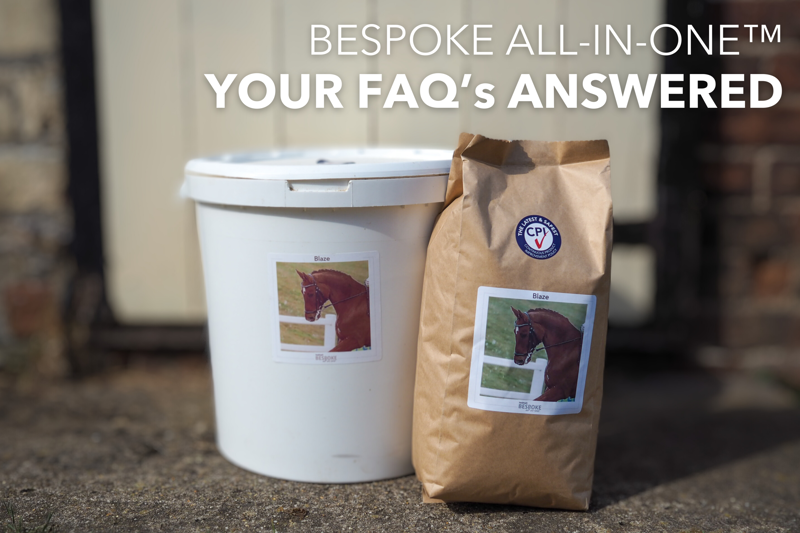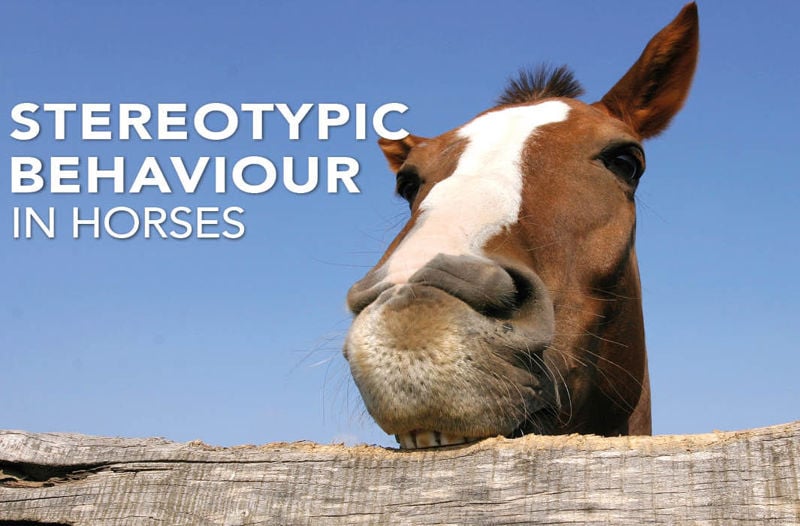It is vital to maintain gut health in horses and to ensure you are managing your horse in a way that promotes equine gut health, through an understanding of the anatomy and physiology of the equine digestive system.
Filters
Blog Options
Blog archive
- 2025
- 2024
- 2023
- 2022
- 2021
- 2020
- 2019
- 2018
- 2017
- 2016
- 2015
Close
45 YEARS AT THE CENTRE OF EQUINE NUTRITION™

- Bespoke All-in-One™
-
Products
- Back
- Horse Joint Supplements
- Horse Digestion Supplements
- Horse Muscle Supplements
- Horse Vitamins & Minerals
- Horse Calming Supplements
-
Horse Respiratory Supplements
- Back
- Clarity®
- Horse Hoof Supplements
- Horse Skin & Coat Supplements
- Horse Health Supplements
- Supplements for Older Horses
- Horse Breeding Supplements
-
Horse Hormone Supplements
- Back
- Hormonease™
- Horse Treats
-
Herbs for Horses
- Back
- Boswellia
- Burdock Root
- Celery Seed
- Chamomile
- Chastetree Berry
- Cider Apple Vinegar
- Cinnamon
- Clivers
- Comfrey
- Dandelion Roots & Leaves
- Devil's Claw
- Echinacea
- Fenugreek Seeds
- Fussy Feeder
- Garlic Powder
- Hawthorn
- Hedge Herbs
- Liquorice
- Marigold Flowers
- Marshmallow Root
- Meadowsweet
- Milk Thistle Seeds
- Mint
- Nettle
- Rosehips
- Seaweed
- Slippery Elm
- Spirulina
- Turmeric
- Yucca
- Canine
- Gift Cards / Rewards
- ABOUT US
- Contact Us
- Knowledge base
Menu
-
Products
- Back
- Horse Joint Supplements
- Horse Digestion Supplements
- Horse Muscle Supplements
- Horse Vitamins & Minerals
- Horse Calming Supplements
-
Horse Respiratory Supplements
- Back
- Clarity®
- Horse Hoof Supplements
- Horse Skin & Coat Supplements
- Horse Health Supplements
- Supplements for Older Horses
- Horse Breeding Supplements
-
Horse Hormone Supplements
- Back
- Hormonease™
- Horse Treats
-
Herbs for Horses
- Back
- Boswellia
- Burdock Root
- Celery Seed
- Chamomile
- Chastetree Berry
- Cider Apple Vinegar
- Cinnamon
- Clivers
- Comfrey
- Dandelion Roots & Leaves
- Devil's Claw
- Echinacea
- Fenugreek Seeds
- Fussy Feeder
- Garlic Powder
- Hawthorn
- Hedge Herbs
- Liquorice
- Marigold Flowers
- Marshmallow Root
- Meadowsweet
- Milk Thistle Seeds
- Mint
- Nettle
- Rosehips
- Seaweed
- Slippery Elm
- Spirulina
- Turmeric
- Yucca
- Canine
- Gift Cards / Rewards
- ABOUT US
- Contact Us
- Knowledge base
Dr. Stephanie Hyland BSc (Hons)
 Call Stephanie Hyland MSc RNutr. or
Call Stephanie Hyland MSc RNutr. or
Sophie Pelham Burn MMedSci ANutr.
on 0800 585525 for
free qualified equine nutrition advice
 Call Stephanie Hyland MSc RNutr. or
Call Stephanie Hyland MSc RNutr. or
Sophie Pelham Burn MMedSci ANutr.
on 0800 585525 for
free qualified equine nutrition advice
Blog
In winter, the cold weather can pose additional challenges - especially for older horses or those with existing joint issues. The colder temperatures and winter conditions can exacerbate joint discomfort, making it harder for your horse to stay mobile and comfortable.
During winter, with dark nights and cold, icy, or snowy weather, keeping your horse fit and entertained through ridden work can be a challenge. So, here's our reminder to not forget about groundwork - it’s a versatile and effective tool to keep your horse engaged and active even in the toughest conditions!
Behavioural issues are certainly more prevalent over the winter. In general, horses are stabled more, and exercised less, and so can have more ‘pent-up’ energy. Cold weather and wind or rain can make horses more ‘on their toes’, especially if they are freshly clipped!
Welcome to Christmas Day for horse owners, where carrots are sliced so the recipients won’t choke on them rather than being glazed with honey and red wine, and taking off wrapping paper must wait until you’ve taken off and adjusted rugs.
Here's why you shouldn't use New Year resolutions, and how to aim for a successful 2025 with your horse...
During the festive period, we like to treat our horses as we do our family and friends. Our Nutritionist looks into the different ways in which you can reward and entertain your horse this Christmas!
Discover the causes, symptoms, and effective treatments for Mud Fever in horses. Learn how to prevent this common condition and keep your horse's skin healthy.
Learn which horse supplements should not be mixed and why, the risks of incorrect mineral ratios and the importance of balanced nutrition. Our expert advice will help you avoid common mistakes and ensure your horse’s optimal health.
Learn about arthritis in horses, including common causes, symptoms, and effective treatments. Discover how Feedmark’s joint supplements can support your horse’s joint health and mobility.
In this blog, we’ll explore how Bespoke supplements are created, how they ensure your horse receives the right balance of nutrients, and how they can save you time and money. Whether you’re curious about how the subscription works or concerned about over-supplementing, we’ve got all your questions answered.
Learn about stereotypic behaviours in horses, such as crib biting and windsucking. Discover their causes, risks, and effective management tips
Copyright © 2025 Feedmark Ltd. All rights reserved.
Feedmark, Harleston, IP20 0NY
